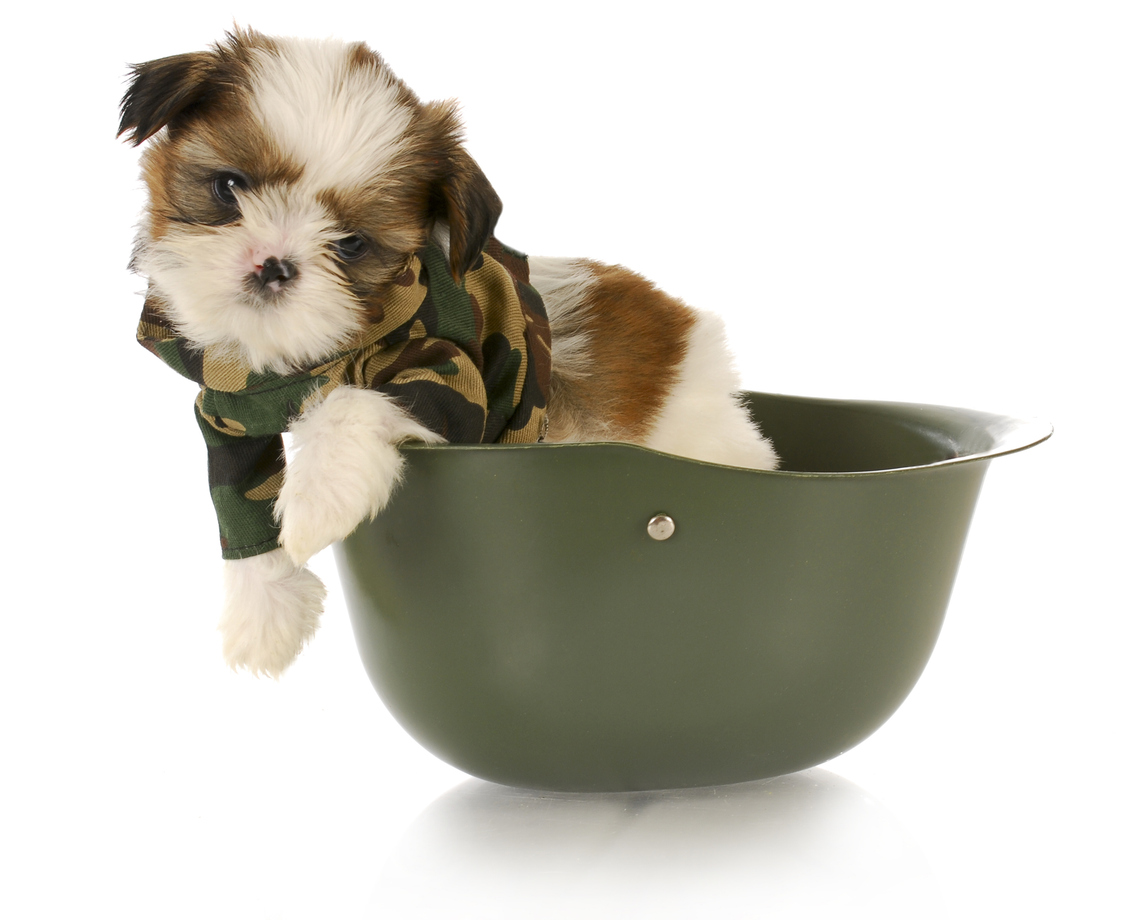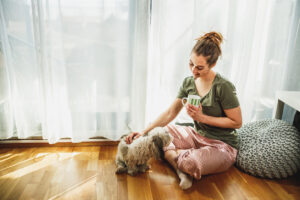Bringing home a Shih Tzu is exciting — but dealing with constant accidents on your rug? Not so much. Whether you’re starting with a puppy or re-training an adult dog, housebreaking a Shih Tzu takes serious consistency, patience, and know-how. These fluffy little dogs have a reputation for being one of the tougher breeds to potty train, but with the right routine and mindset, you’ll get there.
Let’s talk about why Shih Tzus are hard to potty train and what you can do to make the process smoother — for both of you.
Why Are Shih Tzus Hard to Potty Train?
Shih Tzus were bred as companion dogs, not working breeds. That means they’re smart but not always eager to please like a retriever or shepherd might be. Potty training a Shih Tzu puppy can be tricky because they have short attention spans and a bit of a stubborn streak.
Add to that their small size and tiny bladder, and you’ve got a dog that needs frequent trips outside (or to a pee pad) — sometimes every hour when they’re young. One missed window and you’re cleaning up a mess.
If your Shih Tzu is not potty trained after weeks of effort, don’t panic. That’s common. It doesn’t mean they can’t learn — it just means your approach may need a tweak.
How to Potty Train a Shih Tzu Puppy the Right Way
Timing and consistency are everything. Puppies thrive on routine, and the best way to potty train a Shih Tzu is to set up a predictable schedule from day one. Wake-up? Potty break. After meals? Potty break. After playtime? You guessed it — potty break.
Stick to the same potty location and use a consistent phrase like “go potty.” This creates a clear association in your Shih Tzu’s mind. Always offer praise or a small reward the second they finish doing their business in the right spot.
Potty training a Shih Tzu puppy can take several months. Some catch on faster than others, but most won’t be fully housebroken until 6–8 months old, and even then, you’ll still need to stay on top of it.
Indoor Potty Training for Shih Tzus in Apartments or Cold Climates
Living in a high-rise? Dealing with rain, snow, or extreme heat? Indoor potty training for a Shih Tzu can be a game changer. Puppy pads or grass patches placed in a designated area can help you keep your training on track when outdoor walks aren’t realistic.
Make sure the setup is in the same place every time and always clean. Never let your Shih Tzu roam freely until they’ve consistently used the indoor potty spot for several weeks.
This method works well for people in city apartments or those with limited mobility. Just be mindful that switching between indoor and outdoor training too often can confuse your dog.
Crate Training a Shih Tzu for Better Results
Using a crate as part of your potty training strategy helps prevent accidents and builds structure. Dogs naturally avoid going to the bathroom where they sleep, so crate training your Shih Tzu teaches them to hold it until they’re taken outside or to their potty area.
Make sure the crate is the right size — just big enough for your dog to stand up, turn around, and lie down. Too much room and they might pick one corner to use as a bathroom. Too little room and it becomes stressful.
Don’t leave your Shih Tzu in the crate for more than 2–3 hours during the day, especially when they’re still puppies. Accidents in the crate can set back your progress and lead to more confusion.
Shih Tzu Potty Training Tips for Faster Success
It’s not just about taking your dog out often — it’s about catching them in the act and building strong habits. Here’s what makes a big difference:
- Stick to a feeding schedule so you can predict potty times.
- Keep them leashed or confined during early training.
- Clean up accidents with enzymatic cleaner so your dog isn’t drawn back by scent.
- Be upbeat and positive. Shih Tzus respond best to praise, not punishment.
- Track their success. A simple journal of bathroom habits can help you spot patterns.
If your Shih Tzu isn’t potty trained after months of effort, revisit your routine. Are you being consistent? Rewarding at the right time? Missing early warning signs like circling or sniffing? A few adjustments can go a long way.
Dealing with Shih Tzu Housebreaking Problems
Sometimes, even after weeks of work, your Shih Tzu still has the occasional accident. That’s frustrating, but it’s also normal. Stress, changes in routine, or even health issues can affect housebreaking success. Always rule out medical reasons if potty accidents start up again after progress.
Don’t fall into the trap of thinking your dog is doing it out of spite. Shih Tzus aren’t being defiant — they’re just not fully trained yet or confused by mixed signals.
Stay calm, stay consistent, and adjust the schedule if needed. In some cases, working with a trainer who understands small-breed behavior can help you fine-tune your approach.
You’ve Got This — Even If It’s Taking Time
Potty training a Shih Tzu isn’t easy, but it’s absolutely doable. Whether you’re working with a young puppy or trying to re-train an older dog, the key is structure, praise, and lots of patience.
There’s no one-size-fits-all answer, but by sticking to a routine and setting realistic expectations, you’ll see progress — even if it comes slower than you’d like. Just remember, every clean day is a win, and you’re building habits that will last for life.




